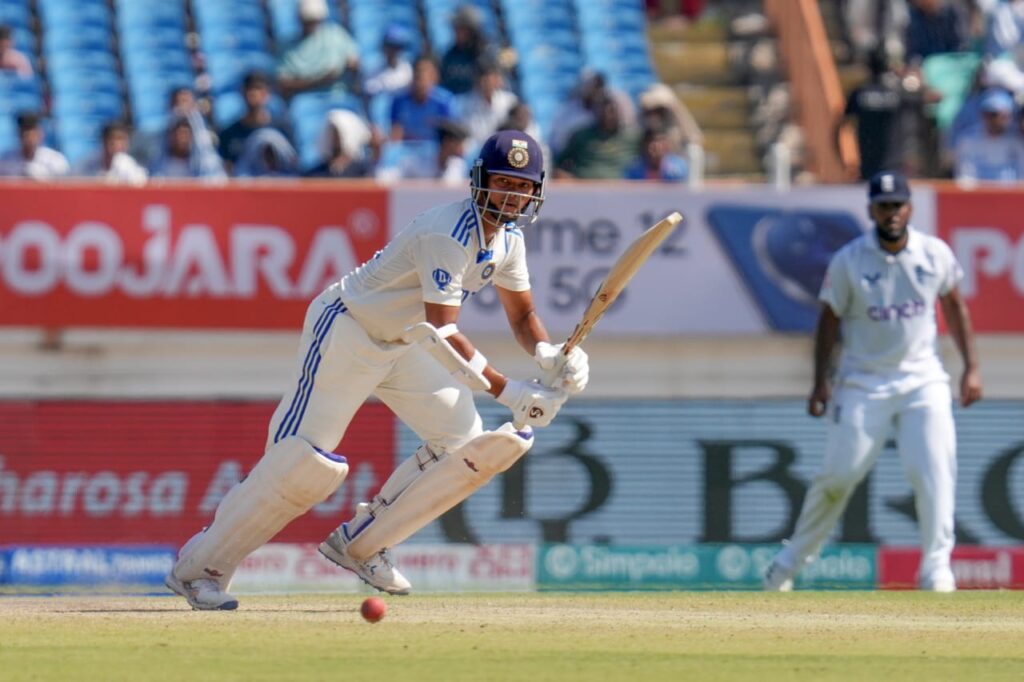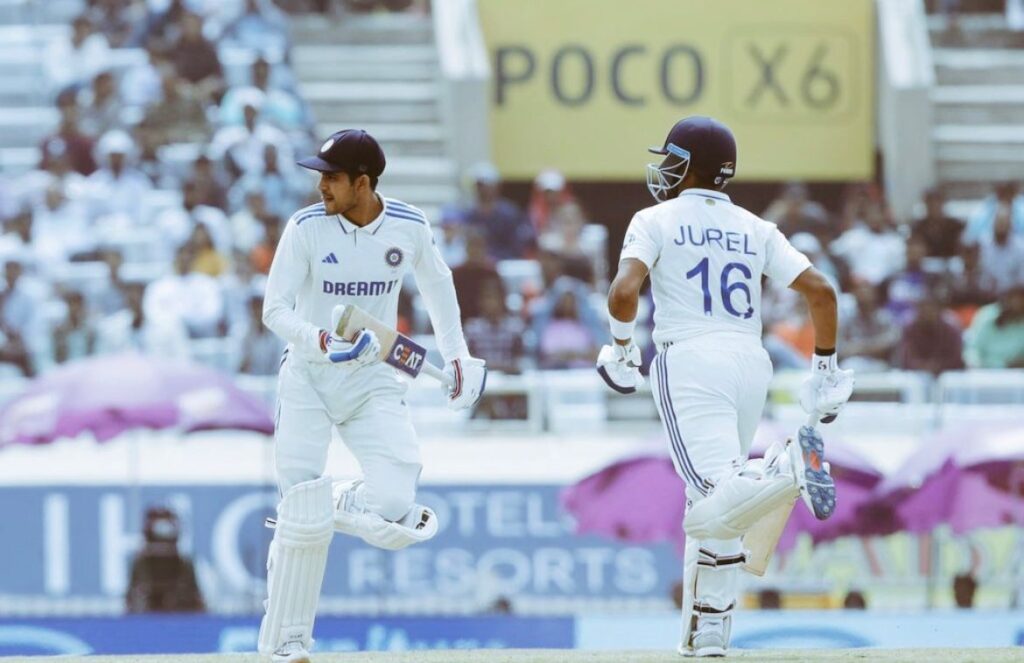
On the other side of the phone, Rashid Latif sounds effusive. The former Pakistan captain is closely following the India-England Test series and he has fallen for Yashasvi Jaiswal. “He is a high-class player. He will score a lot of runs for India,””Latif says, speaking to RevSportz.
Another former Pakistan international, opener Shoaib Mohammad, thinks the system and structure is well organised in India. According to him, that is why there is a big difference in quality in the supply line of cricketers in India and in Pakistan.
The Ranchi win has given India an unassailable 3-1 lead in the five-Test series and as far as batting is concerned, Jaiswal has been the standout performer with 655 runs from eight innings. Latif says tougher tests will come away from home, in seaming conditions. But he backs the 22-year-old to have a long career.
“The Australia tour (later this year) would be a big test. But if Jaiswal initially struggles abroad, don’t lose patience. Keep in mind that Virat Kohli had a very poor outing in his first Test series in England. He went on to become an all-time great. I repeat, Jaiswal will score a lot of runs for India. Just allow him to play his natural game. Don’t coach him,” he says.

A gentle reminder, Kohli in his first Test series in England in 2014, had scored 134 runs in five matches at an average of 13.4. He was backed to the hilt by then India captain MS Dhoni. The rest, as they say, is history.
The series win against England has been a triumph of youth and Latif is happy that Indian cricket provides its players with the right environment to perform. “All these youngsters, they have risen through the ranks. To start with, they want to play Test cricket. India missed experienced players in batting, but they always have a strong back-up. The BCCI gives a lot of importance to first-class cricket, which creates a strong supply line. Also, there’s continuity at all levels.”
After Brendon McCullum and Ben Stokes took over as England’s coach and captain, respectively, their first Test series in the subcontinent was in Pakistan in 2022-23. Bazball had trumped the hosts then, by a 3-0 margin. In similar conditions in India, it is tamed. What’s the difference?
“Pakistan didn’t have good spinners, finger-spinners,” observes Latif. “Also, here we played with the Kookaburra ball. Finger-spinners find it difficult with the Kookaburra which is machine-stitched and doesn’t travel to their liking. In India, they play with the SG ball which is hand-stitched and it makes a difference. Indian spinners are superior and England came to India with an inexperienced spin-bowling unit.”
Latif asserts that Bazball was never going to be successful in India. “You can’t play Bazball in India. You have to play conventional cricket. There was hype. It was a bubble and now the bubble has burst.”

Reflection of India’s overall growth: Shoaib Mohammad
Former Pakistan opener Shoaib Mohammad prefers to look at the bigger picture, that India’s recent success in cricket and other sports is reflective of the country’s rise as a whole. “The way India has been progressing, it is a confident country in every sphere. We see it in cricket also. They have been winning irrespective of conditions. They have won abroad as well, in seaming conditions,” Shoaib tells RevSportz.
A bunch of youngsters like Jaiswal, Shubman Gill, Dhruv Jurel and Sarfaraz Khan oozed confidence under pressure and offset the absence of experienced players like Kohli and KL Rahul. They were ably guided by skipper Rohit Sharma and head coach Rahul Dravid, and other senior players in the team.
But how does transition become almost seamless in Indian cricket? “The steps taken from budding cricketers to the top are in good order. That’s why there’s an influx of quality players in India. It creates perfect competition. When a player comes to the team he knows he will have to perform to stay. Naturally, the commitment level is very high,” Shoaib tipped his hat to the system that tirelessly churns out quality talent.
Is it an area where Pakistan cricket is failing? The 63-year-old concurs. “In Pakistan, players who haven’t played more than 10-15 first-class games are running the show. We don’t have the system that nurtures a talent throughout his journey to the top level. That’s why in Pakistan, top quality is limited to only a few players.”
Also Read: Winds of change in Indian cricket marked by arrival of youngsters



